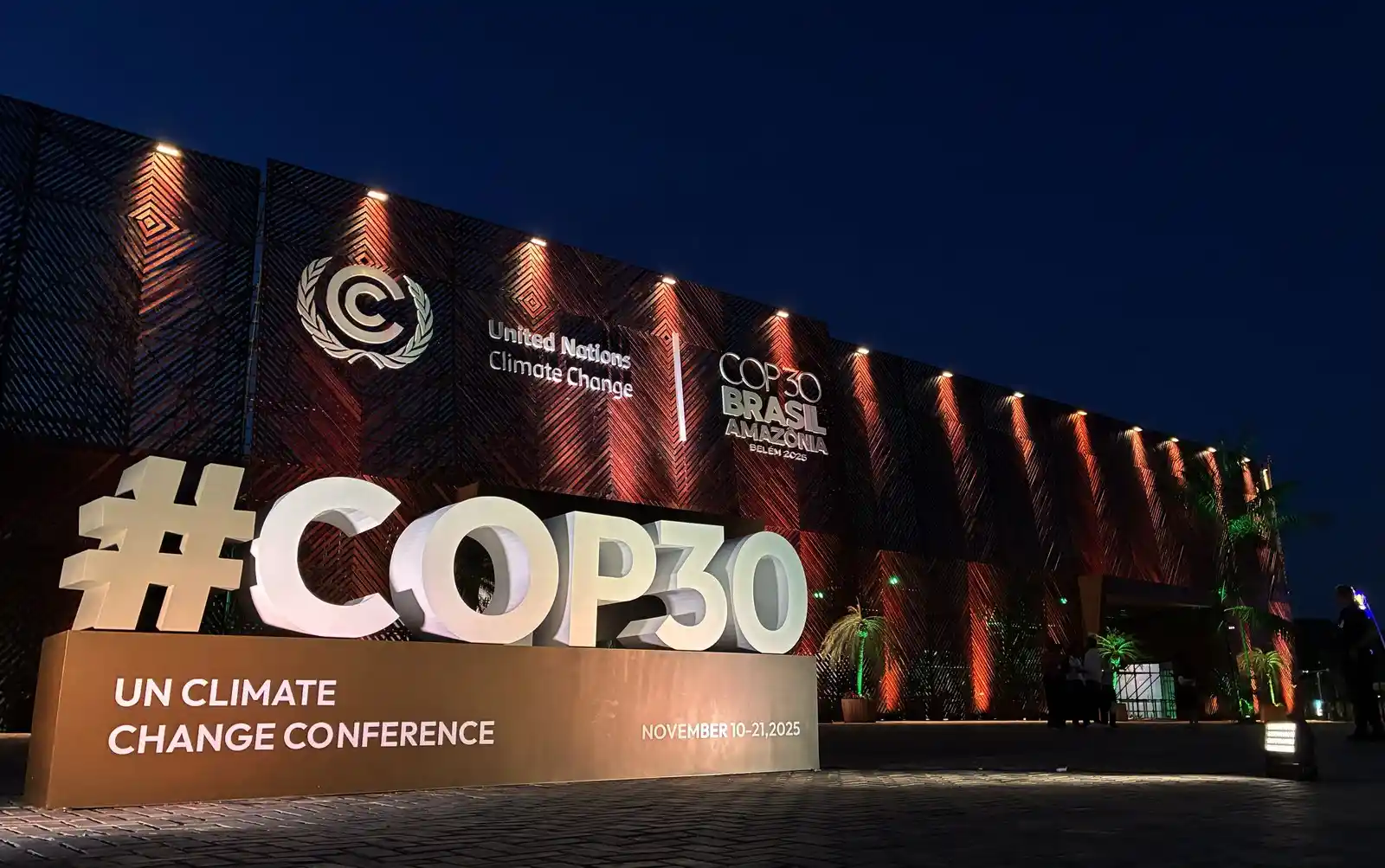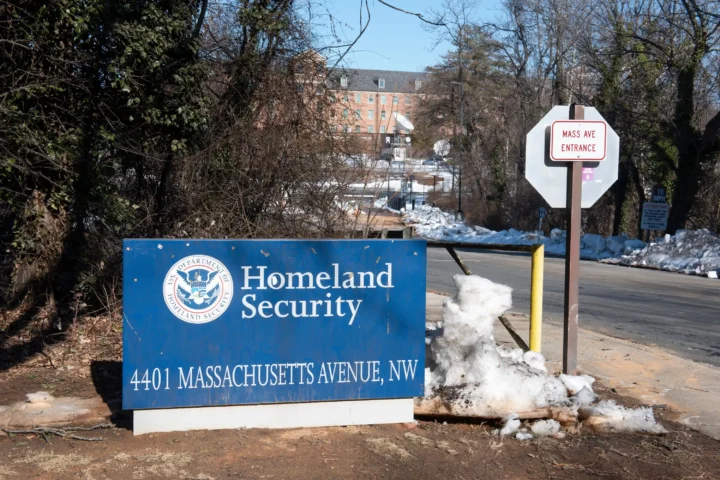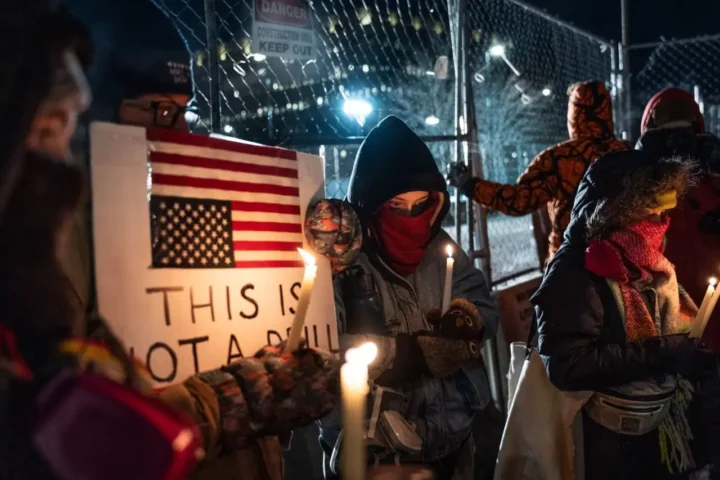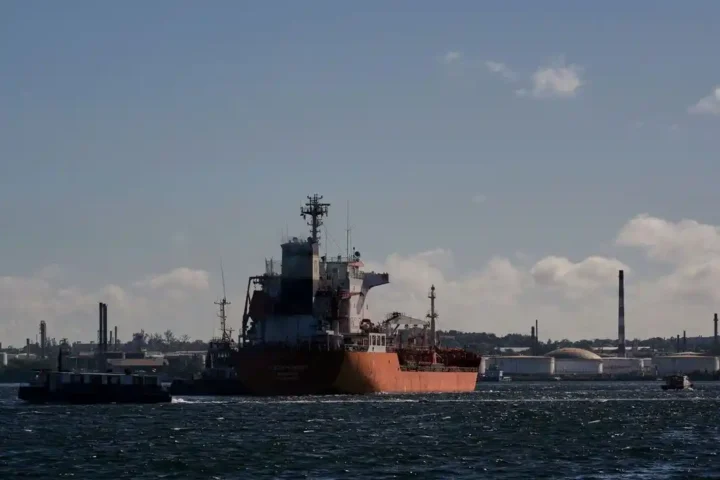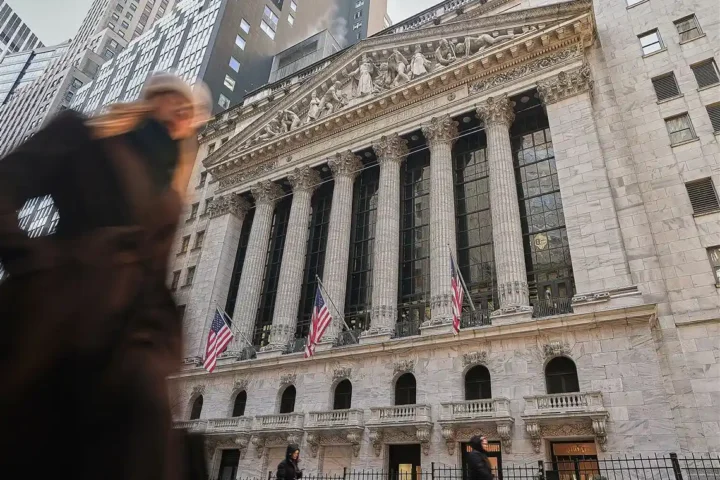As COP30 kicks off, global attention turns toward the Brazilian Amazon, where the 30th United Nations Climate Change Conference (COP30) is set to convene in the city of Belém. The event is set against a turbulent geopolitical backdrop and arrives at a moment of increasing climate urgency. For attendees, including delegates from nearly every nation, the path forward remains uncertain. Here’s what the world will be watching.
COP30 faces arguably the most challenging circumstances in its history. The international community is contending with rising climate impacts and flagging political will. In the United States, efforts under the Trump administration to undermine climate action — from slashing climate science funding and revoking renewable energy projects to withdrawing from the Paris Agreement — have created geopolitical upheaval. These actions ripple through the diplomatic process, complicating cooperation just as the world urgently needs unified leadership.
Meanwhile, the planet is signaling distress. Average global temperature increases surpassed 1.5°C above pre-industrial levels for the first time last year, breaching a critical threshold. This year alone, most continents have endured severe climate-fueled catastrophes, including heatwaves, wildfires, and deadly floods.
Despite these headwinds, the need for COP remains clear. With no global government to set or enforce climate policy, these negotiations — however imperfect — remain the world’s key mechanism for coordinating climate action.
Will COP30 Be Smaller?
One notable aspect of COP30 may be its scale. Climate summits have grown over the years, attracting not just political and scientific leaders, but lobbyists, activists, observers, and media — sometimes to the point of unwieldiness. Some have argued that the size hinders productive diplomacy.
But in Belém, it won’t be intentional policy but practical constraints that limit participation. The city’s remote location, limited infrastructure, and shortage of hotel accommodations have driven up prices, making attendance difficult for smaller and more vulnerable nations. While Brazil’s President Luiz Inácio Lula da Silva embraced Belém to spotlight the Amazon’s critical role as a carbon sink, logistical barriers risk undermining the inclusivity of the so-called “Mutirão,” or collective climate effort.
Some delegates will even stay aboard docked ships, an iconic image of improvisation that underscores this year’s unique circumstances.
Climate Finance
Funding remains a central — and contentious — issue at every COP. Wealthier nations, historically responsible for the bulk of emissions, are expected to support poorer nations in reducing emissions, adapting to climate change, or recovering from disasters. But promised funds have too often fallen short or been delayed.
At COP29 in Baku, developed nations agreed to a new finance goal: raise US$300 billion annually by 2035, and mobilize a combined US$1.3 trillion from public and private sectors over the same period. A “Baku to Belém” roadmap outlines the process, and COP30 is expected to finalize the details.
However, political instability is threatening this commitment. With the U.S. retreating from climate leadership and the European Union split on its own targets, eyes are turning to China. Will it step into the vacuum?
Amid this uncertainty, the urgency is undeniable. The UN estimates that existing climate finance falls short of what’s needed by a factor of 12 to 14. And with disasters from Hurricane Melissa in Jamaica to Typhoon Kalmaegi in the Philippines inflicting mounting costs, the demand for adaptation finance is sharper than ever. Expect negotiations around a global climate adaptation tracking system to be a major focus.
Brazil hopes to spark support for a ground-breaking initiative: the Tropical Forests Forever Facility. This program would pay tropical nations to preserve forests, directing 20% of funds to Indigenous communities. If successful, it could shift the economic calculus away from deforestation — and toward conservation.
Weak Emissions Pledges
COP30 was intended to celebrate progress. By February of this year, nations were to submit updated 2035 emissions targets — their Nationally Determined Contributions (NDCs) — aligned with keeping global warming under 1.5°C. But 95% of countries missed the deadline, and a delayed batch of pledges, when submitted in September, proved underwhelming.
Only half the planet’s emissions are covered by these new pledges, leaving a vast gap. Australia, for instance, has pledged a 62–70% reduction below 2005 levels. While there are positive signals — a recent UN report suggests emissions are trending downward — the pace of change remains woefully inadequate.
Negotiators in Belém will face a stark challenge: closing the emissions gap that threatens the Paris Agreement’s credibility.
When Courts Step In
As political will stalls, courts worldwide are beginning to force the issue. This year, the International Court of Justice issued an influential Advisory Opinion stating that governments must adopt climate policies in line with the Paris Agreement’s temperature goals. Failure to act could constitute an “internationally wrongful act”—potentially opening countries to legal consequences.
Legal action against corporate climate offenders is also increasing. A French court recently ruled that oil and gas companies’ “net-zero” pledges were greenwashing. More lawsuits are emerging, targeting high-emitting industries for the damage caused by their emissions.
How these legal shifts affect the negotiations — particularly regarding a global fossil fuel phase-out — is among the big unknowns heading into COP30.
Will Australia Host COP31?
Finally, attention will turn to a political side story: the race to host COP31. Australia, in partnership with Pacific nations, is bidding to bring the summit to Adelaide in 2025. Turkey remains in the running, and agreement requires consensus. If none is reached, Bonn, Germany (home of the UN climate secretariat), will be the default host.
As COP30 marks the ten-year anniversary of the Paris Agreement, the stakes are higher than ever. The summit may feel fraught, but it reflects a world still wrestling with how to turn promises into action. While the headwinds are strong, so too is the necessity: climate talks remain vital. Whether Belém sparks breakthrough or further delay will define global efforts for years to come.
